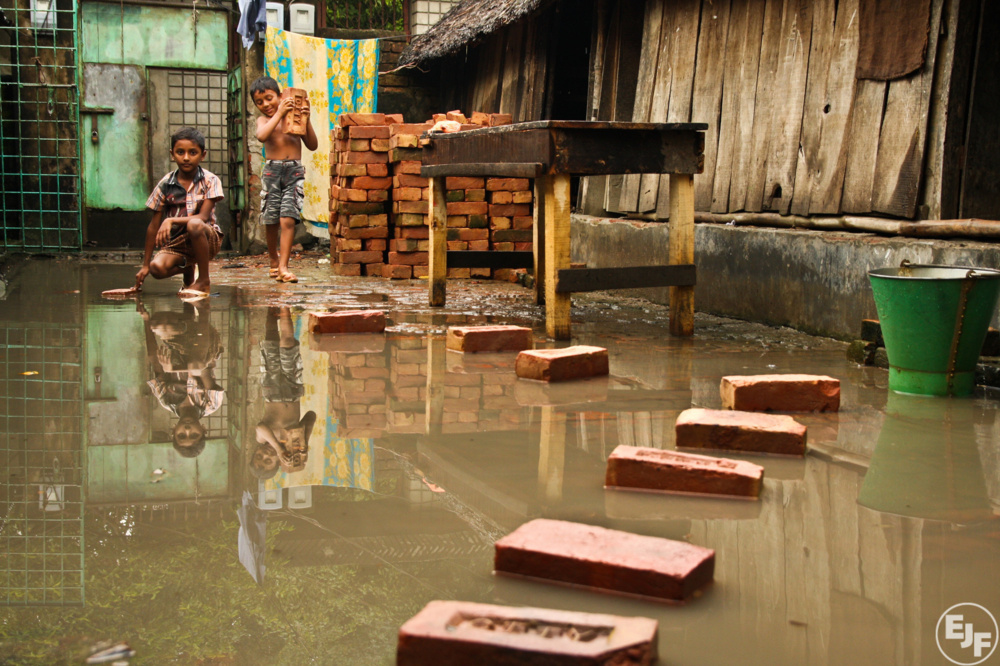
COP22: As Paris promises become law, focus turns to action
The UN climate conference taking place in Morocco over the last two weeks was billed as an “implementation” conference, and without the pageantry and fanfare of last year’s Paris talks it was a lower key affair.
In fact, the biggest news came before the conference even began, before the diplomats arrived and the corridors filled. On 4 November, the global climate treaty – the Paris Agreement – entered into international law, less than a year after the promise was made. A clear sign of the growing global momentum for action.
But the work is not done and we cannot get complacent.
In Morocco attention has shifted towards meeting the goals enshrined in the Agreement; to ensure that countries meet the national emissions reduction pledges set out in the deal, with systems in place to increase these pledges over time and support measures to allow all countries to collectively move towards a phase out of greenhouse gas emissions this century.
Only then will governments be able to meet their goal of holding temperature rise “well below 2°C” on pre industrial levels, or the 1.5°C limit being called for by the world’s most vulnerable nations.
With a North African host, climate impacts featured prominently at this year’s conference, with the first ever Climate Justice Day and climate refugees and migration on the agenda. And with 2016 heading to be the hottest year since records began, and analysis showing that current pledges keep the world on a trajectory to a 3°C temperature rise, the stakes have never been higher.
Failing to take strong action now will leave the world’s poorest and most vulnerable in peril.
Perhaps HE Hilda Heine, President of the Marshall Islands described it best when she addressed the almost 200 nations meeting in Marrakesh, saying:
“If we do not peak global emissions by 2020 and keep warming to 1.5°C the survival of my island is at stake.”
In 2015 natural disasters displaced around 19.2 million people, a vast majority of which were caused by extreme weather events such as storms and flooding. Over the last eight years, over 203 million people have been displaced by disasters. Meanwhile, climate change continues to act as a threat multiplier for existing economic and political tensions, increase the risk of conflict and intensify the impact and spread of disease.
By failing to act on climate change governments will be leaving millions more to this fate. As French President, Francois Hollande said in Marrakesh, inaction would be “disastrous for future generations and it would be dangerous for peace.”
At EJF, we are dedicated to the protection of vulnerable communities forced to flee their homes because of worsening climate impacts, and we hope to see all countries – led by the highest emitters – continue to work to realise the agreement made in Paris.
Countries have agreed to act. Now they must do so with increasing speed and ambition.
SIGN UP FOR OUR EMAILS AND STAY UP TO DATE WITH EJF